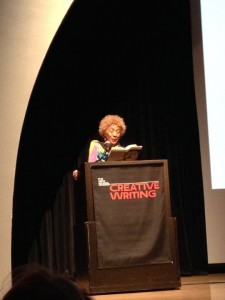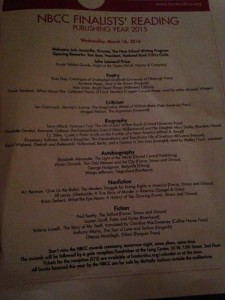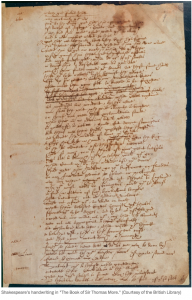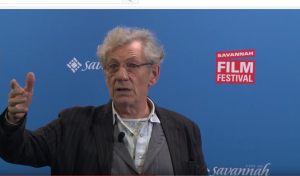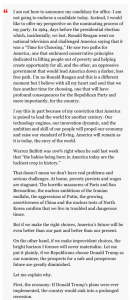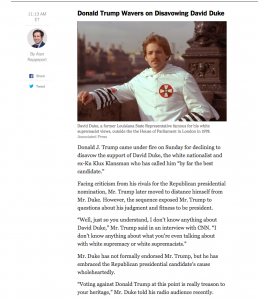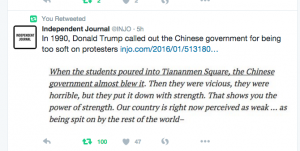60 Minutes Presented a Sobering View of the Limited Access to Healthcare in Appalachia
Tonight 60 Minutes did a wrenching story on the staggering numbers of people in Appalachia with little access to doctors and healthcare, beyond resorting to emergency rooms once their health has often become a veritable “train wreck.” They profiled The Health Wagon, a team of good-hearted but overmatched nurse practitioners and doctors who drive medically-equipped RVs all over Virginia, Tennessee, North Carolina, etc. Due to stubbornly resistant Republican governors, none of the states in question has opted to expand Medicaid for its indigent residents, even though the Affordable Care Act provides for it. Even where there is a Democratic governor, in VA with Terry McAuliffe who replaced a Republican in 2014, the state legislature has continued blocking the expansion, despite the fact the federal government would be on the hook for the costs the first three years, and sharing costs thereafter. Here’s an informative Web site (with screenshot below) that tracks the Medicaid expansion across the country, with 31 states having accepted some form of it, and 19 refusing it. As CBS showed, with so many people dying from treatable illnesses that were long overlooked, this is an avoidable tragedy, a social choice that has huge consequences for people’s health, especially in this region where diabetes, hypertension, and respiratory illnesses are particularly prevalent. This is another election year. I fervently hope that Americans will vote to replace lawmakers and representatives who don’t believe that healthcare should be widely available to all people, and that that number 19 will be reduced to zero in the years ahead. Meantime, you can donate to The Health Wagon. They are worthy of your support.

